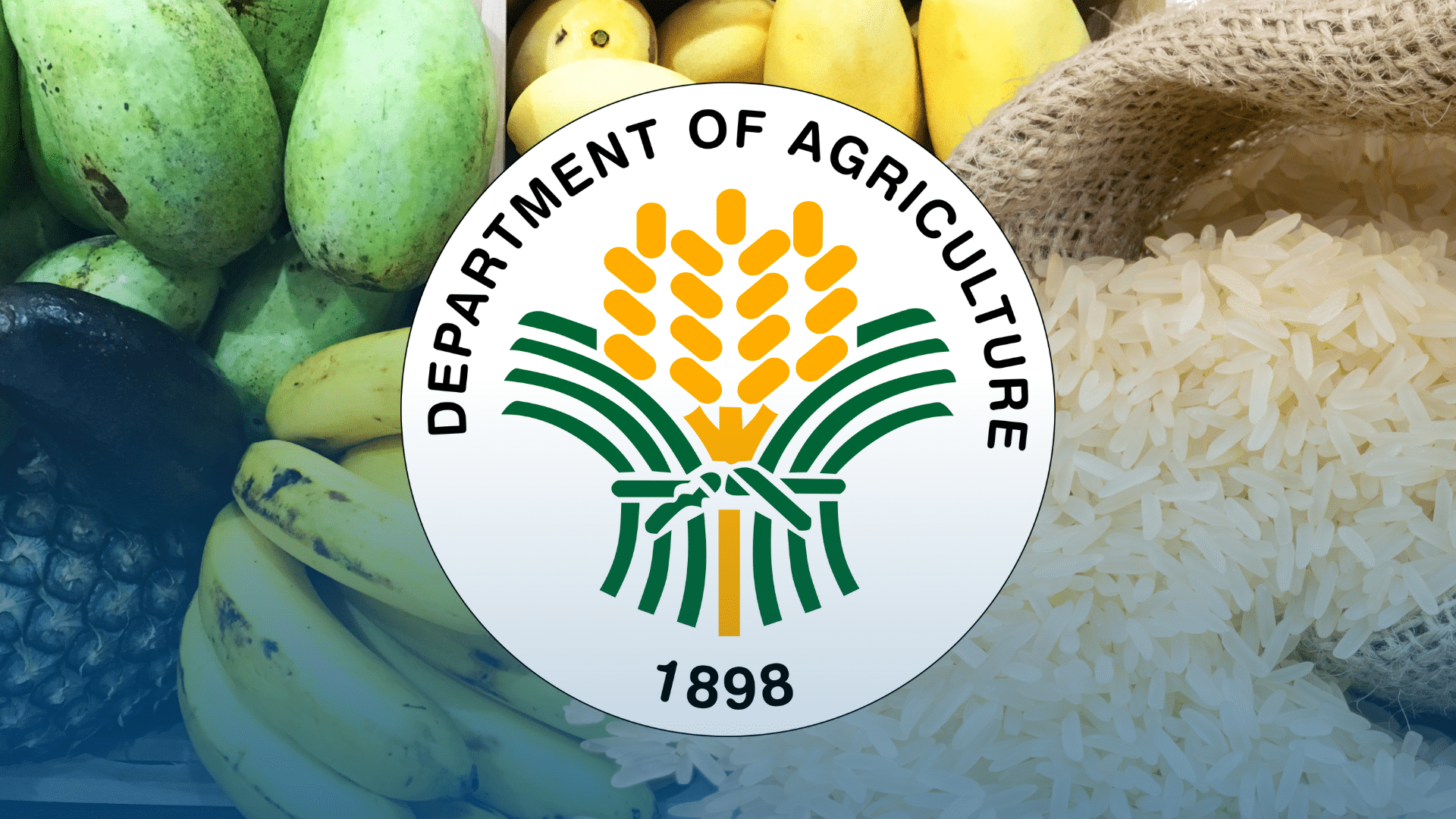
INDIGENOUS peoples in the Philippines face a host of challenges that need to be addressed to raise their living standards and, at the same time, preserve their cultural identities, the World Bank said in a new report.
"It is apparent that indigenous peoples are at a disadvantage in several critical aspects of well-being ... compared to non-indigenous peoples," World Bank Country Director Ndiame Diop said in a statement.
The Washington-based multilateral organization, in the "No Story, No Data: Indigenous Peoples in the Philippines" released on Monday, called for increased access to basic services and economic opportunities and particularly noted the need to strengthen and protect their rights to ancestral domains.
A 2023 World Bank survey found that approximately 59 percent of indigenous peoples see themselves as "poor," higher than the 52 percent among Filipinos who do not identify as indigenous.
A little over half, or 51 percent view themselves as "food poor," also higher than the 45 percent reported by non-indigenous peoples.
Around 37 percent of indigenous peoples and 36 percent of non-indigenous peoples reported having gone hungry in the past three months, the World Bank added.
Almost half also think that education, health, access to clean water, and social assistance are the most pressing concerns that need to be addressed to improve their welfare.
Indigenous peoples were said to be lagging in terms of education: fewer advance beyond primary school, complete high school, or attain a post-secondary education. Those with only a primary education often find jobs in agriculture or are self-employed.
Citing census data, the World Bank said that about 8.7 percent of Filipinos, or approximately 9.4 million, identify as indigenous and many live in geographically-disadvantaged areas.
This underscores the need for interventions to reduce poverty in these regions, the World Bank said, adding that more data also needs to be collected to improve and focus such programs.
"Understanding the interplay of ethnicity, gender, and geography is crucial to comprehending the challenges faced by indigenous peoples, which are closely linked to the conditions within their geographic locations," Diop said.
The obstacles posed by data gaps, the World Bank said, can be addressed by incorporating indigenous peoples indicators in national surveys, and including ethnicity variables in government statistics, among others.
Despite these challenges, however, almost 90 percent of indigenous peoples said they were proud of their identity and over 70 percent claimed a strong sense of belonging to the country.
The World Bank said that continuing to strengthen and protect the legal recognition of their rights to ancestral domains would be a further means of improving indigenous peoples' welfare.
The World Bank said that while certificates of ancestral domain titles had been approved for approximately 20.5 percent of the Philippines' total land area, processing has been slow.
"For indigenous peoples, land is a fundamental aspect of their identity, culture, and subsistence," World Bank senior social development specialist Carlos Perez-Brito noted.
"Protecting indigenous peoples' land rights is therefore a crucial step in addressing poverty and conflict in the country."
Read The Rest at :








